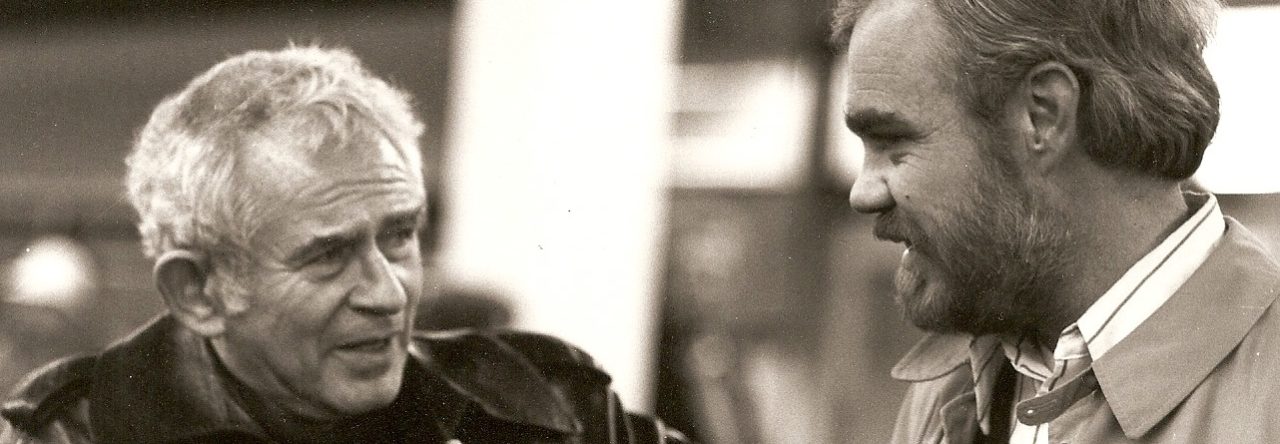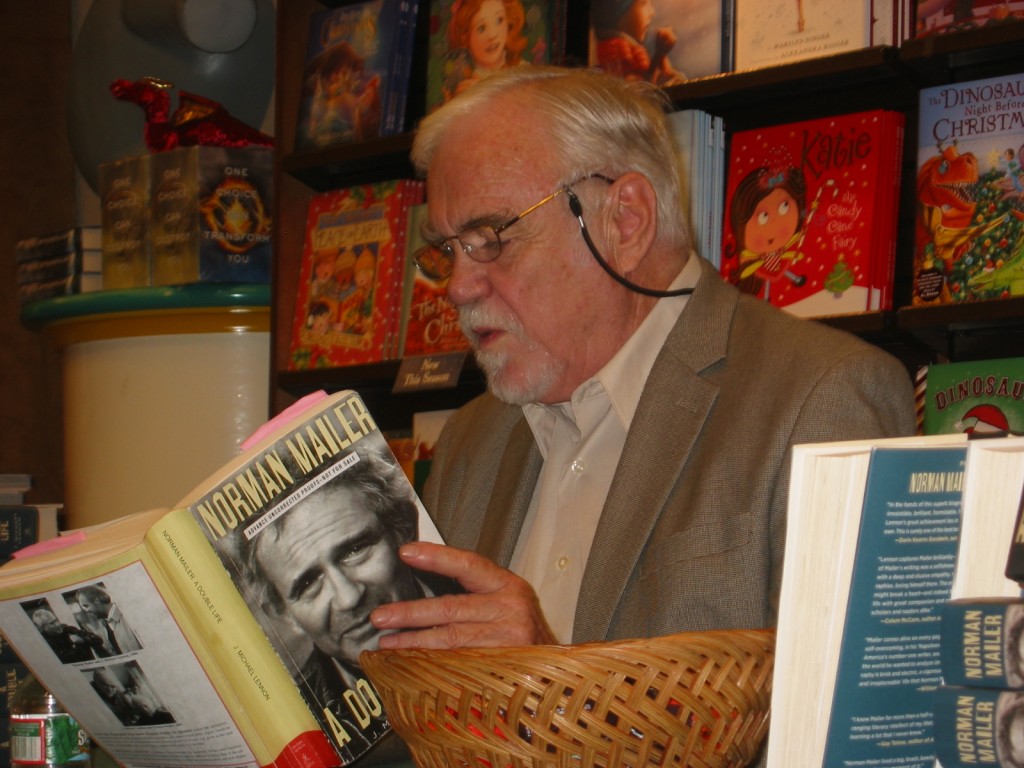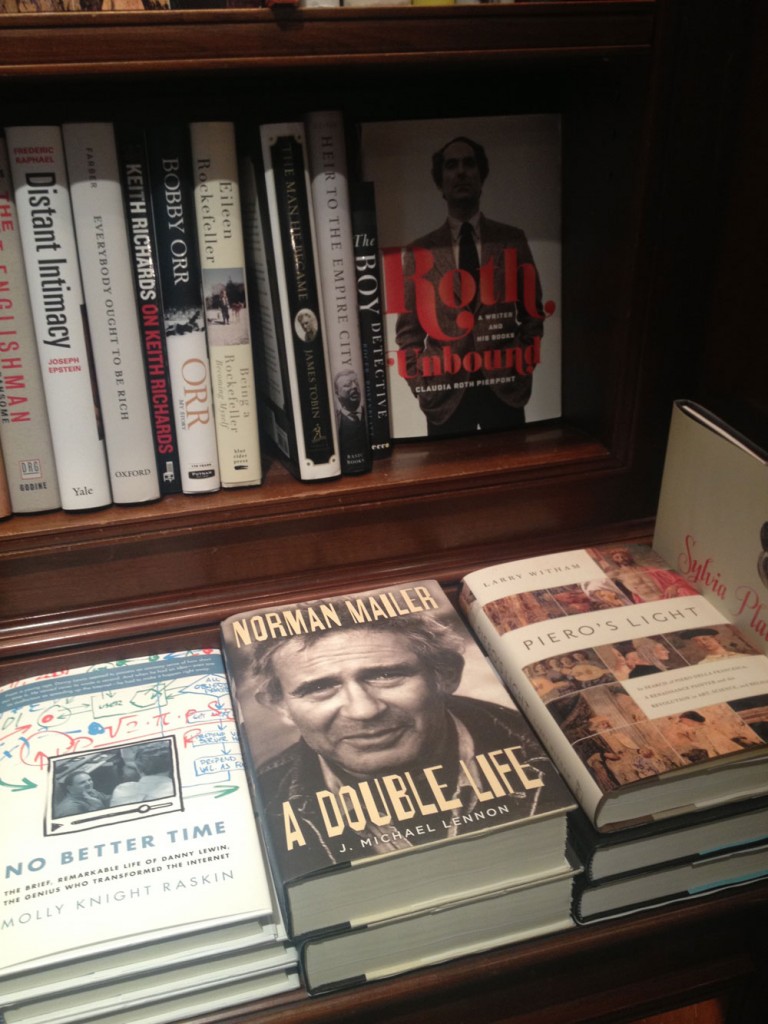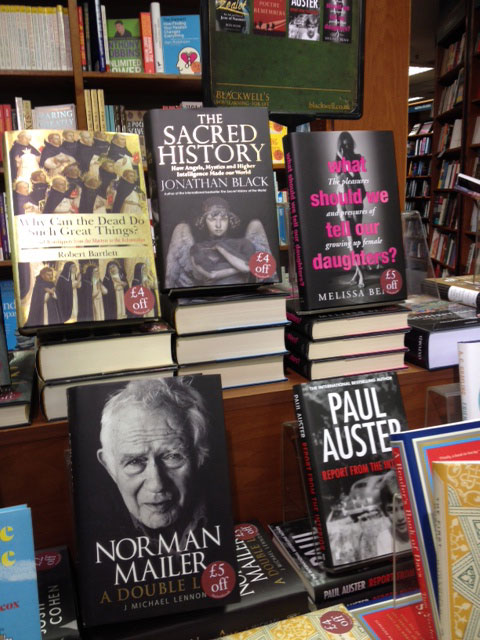On balance, Lennon does, however, reveal his subject’s double life, his honesty and deceitfulness, and his remarkably self-deluding but self-aware sensibility. If not the last word on Norman Mailer (what could be?), this book is likely to be the standard biography for this generation.
J. Michael Lennon’s “Norman Mailer: A Double Life” is a perceptive biography, one with a keen understanding of his work, his mind and his darkest impulses (notably, the stabbing of his second wife).
In 1948, a 25-year-old World War II veteran leaped into prominence with a number one best-selling novel about his combat experience in the Pacific, The Naked and the Dead. Over the next 60 years he wrote across a range of genres: biography and memoir, a column in the Village Voice, crime and sports narratives, poetry and short stories, several film scripts, and ten more novels of astounding variety.
J. Michael Lennon said he had two reactions when he was tabbed to write the authorized biography of Pulitzer Prize-winning novelist Norman Mailer. . .
Norman Mailer is now naked and dead. Should it’s time to catch up the the (crazy) hero’s double life. And so there’s the stunning Norman Mailer: A Double Life, author J. Michael Lennon presents the definitive portrait of one of the most important and controversial figures in American literary and cultural life in the second half of the 20th-century. The authorized biographer knew his subject for decades and had unfettered access to Mailer’s voluminous papers, unpublished letters, family members and acquaintances.



